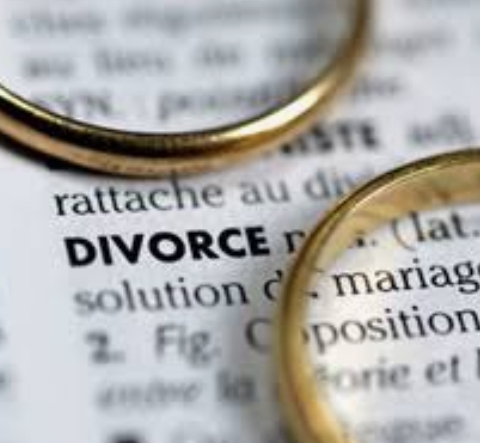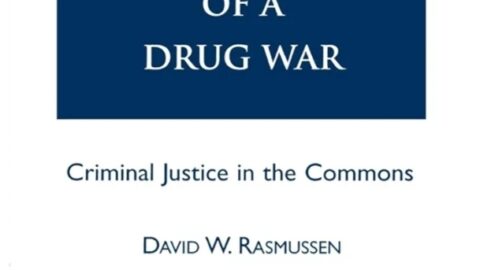People often regret their decision to divorce — particularly when that decision was influenced by idiot compassion, inside-the-box self-deception (Arbinger), and misaligned life centers or paradigms (Covey). The regret doesn’t usually come immediately, because the post-divorce “freedom” often feels like a relief — a high after years of tension. But over time, truth seeps in.
Let’s break down in detail when and why that regret hits, through the lenses of Covey’s principles, Arbinger’s self-deception model, and the social dynamics of idiot compassion.
When Reality Replaces the Emotional Narrative
At first, the person tells themselves:
- “I had to do this.”
- “I deserve better.”
- “They were toxic. I had no choice.”
But with time, especially after the emotional high fades, real-life sets in:
- They’re alone more often than they expected.
- They miss the familiarity of their ex.
- The new relationship (if any) begins to show its flaws.
- Co-parenting becomes painful and complicated.
- The silence in the house becomes deafening.
And they realize:
The story they told themselves during the divorce was emotionally charged, not factually grounded.
This is when regret begins to whisper.
When the “Inside-the-Box” Narrative Collapses (Arbinger)
Arbinger explains that when people are “inside the box”, they see others as objects — obstacles, tools, or irrelevancies. They blame others, justify their choices, and distort reality to protect their ego.
But when enough time passes:
- The ex-spouse moves on gracefully.
- The children start asking difficult questions.
- They begin seeing their own patterns repeating in new relationships.
- Their bitterness feels hollow — and no one is listening to it anymore.
They step “outside the box” — and finally see their ex as a person, not a villain.
This can be shattering. That’s when deep regret sets in.
When Friends Stop Playing the Idiot Compassion Role
In the beginning, friends and family often support the divorce — offering the infamous “idiot compassion”:
- “You deserve better.”
- “It’s their fault.”
- “You’re doing what’s best for you.”
But over time, these same friends:
- Get tired of hearing the same emotional complaints.
- Move on to their own lives.
- Start being honest again.
When the echo chamber collapses, the divorced person is forced to sit with the truth — often for the first time.
Without constant validation, they begin to ask:
- “Was it really that bad?”
- “Did I give up too soon?”
- “Was I also responsible?”
When Covey’s Principles Catch Up to Them
Stephen Covey taught that there’s a difference between personality ethics (surface-level habits, image, style) and character ethics (integrity, responsibility, loyalty).
Many divorces are justified using personality ethics:
- “They don’t make me happy.”
- “I need to find myself.”
- “I’ve changed.”
But later in life — especially during hardship — people crave character:
- Stability
- Loyalty
- Long-term partnership
- Respect
When they reflect back and realize they left someone who was flawed, but faithful…
When they realize they replaced loyalty with temporary emotional relief…
That’s when Covey’s voice echoes loudest — and regret sinks in.
When Children Mirror Their Decisions Back to Them
Many parents tell themselves their kids are resilient.
But years later:
- The child expresses anger, confusion, or sadness.
- The child blames them for breaking the family.
- The child repeats their same mistakes in their own relationships.
There is nothing more painful than realizing you modeled dysfunction and called it freedom.
This is when regret becomes existential.
When the Cost Becomes Obvious
Eventually, the person tallies the real cost of their decision:
- Financial instability
- Emotional fragmentation
- Spiritual decline
- Lost time with children
- Lost trust with extended family or friends
- Lost opportunity to repair what could’ve been saved
They begin to understand:
- The “freedom” was a mirage.
- The “happiness” was short-lived.
- The “toxic partner” was maybe just human — and hurt, too.
The realization of permanent loss is often the most sobering source of regret.
Summary: Regret Hits When Truth Becomes Unavoidable
Regret often arrives:
- After the emotional affair partner leaves or fails them
- When loneliness replaces novelty
- When they see themselves repeating the same patterns
- When their kids struggle with the aftermath
- When their illusions are broken and no one’s left to validate the old lies
The inner voice that once shouted “You deserve better!” becomes quiet — replaced by:
- “Was I wrong?”
- “What if I stayed?”
- “Could we have fixed it?”
And that’s the real test:
Whether someone has the humility to face the truth they once ran from.
That’s the moment character can be rebuilt — but the price is always high.







